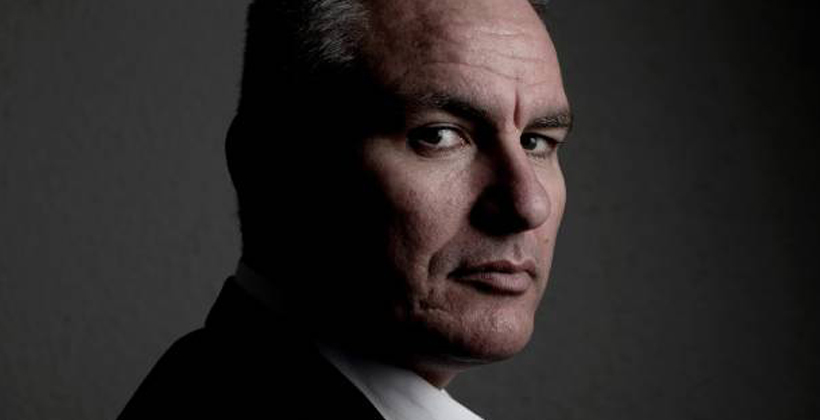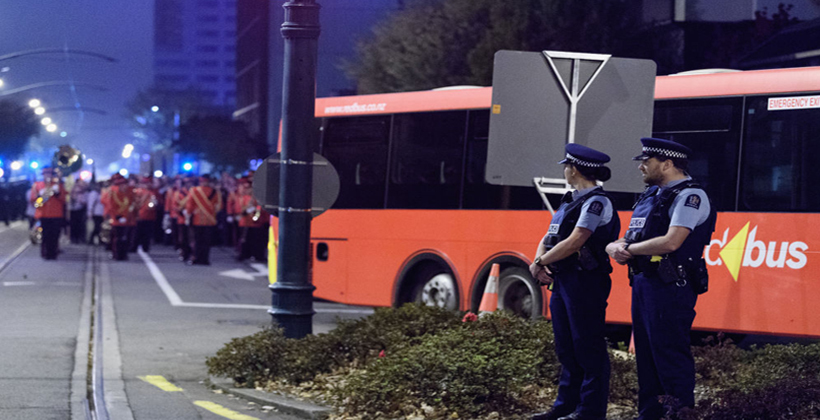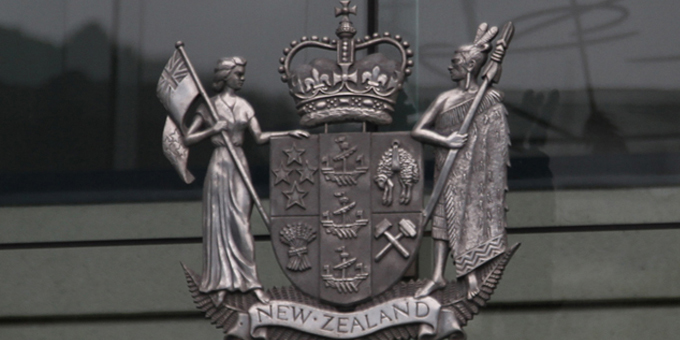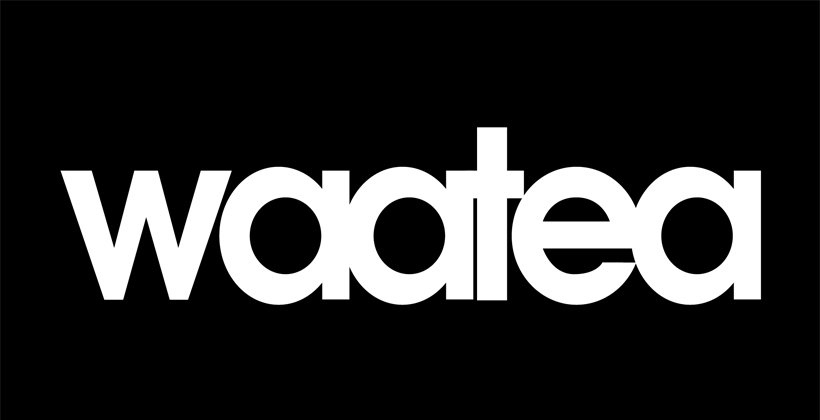February 16, 2016
Cigarette price hike a good deterrent

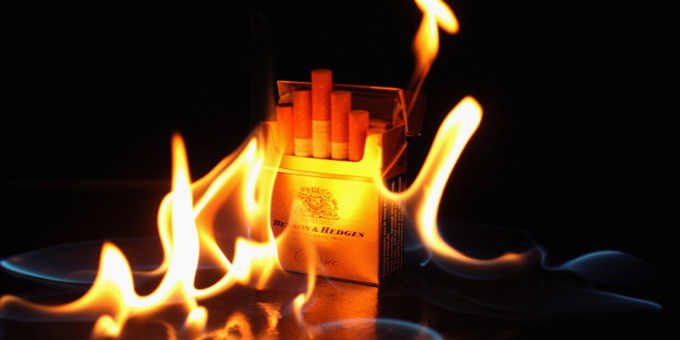
Cigarette price hike a good deterrent
WILLIE JACKSON
I back calls from Maori organisations and health researchers encouraging the government to continue to hike up the price of cigarettes because I’m confident that will eventually help stub out this habit for whanau.
We know that the current price for a packet of ciggies or a pouch of tobacco, is not proving a major deterrent for a low income families to actively stop smoking.
In fact, those families are sacrificing more vital and important necessities- like GP visits or healthy nutritious kai – to continue to indulge in their nicotine addiction.
Four tax hikes between 2013 and 2016 increased the cost of a 20-pack of cigarettes from $15 to $20.
But that has done little to stub out the addiction among Maori.
Budgeters working at the cold face say because of the financial pressures of food, rent – especially in Auckland – and unforeseen daily bills, Maori on low incomes are actually smoking more to ease their financial predicaments.
And community health workers reinforce that view claiming the current cost of cigarettes is having little impact to deter Whanau to stop smoking.
A submission to the government last week called on authorities to continue the tax hike on tobacco and in fact raise them to at least 20 per cent a year.
Tobacco taxes rose by 10 per cent six weeks ago – the last of four consecutive annual increases.
Parliament’s all powerful finance and expenditure committee was told further tax hikes over the next few years will slow down smoking rates, which is currently at 1 7%.
Action on Smoking and Health (Ash), the National Urban Maori Authority – which I chair – recommended to parliamentarians that a 20 per cent tax increase be placed on tobacco.
T&T Consulting went even further requesting an immediate 50 per cent tax hike followed by 20 per cent increases in following years.
While smokers will be fuming over those types of price hikes, there’s no doubt the cost to the health system and longer life for Maori especially outweigh their argument.
We must applaud the government’s initiative to have New Zealand smoke-free by 2025,
It’s an aspirational goal and in reality has no way of being achieved but at least it’s looking at a problem that runs rampant within Maori and looking at solutions.
Last year, a University of Otago study of price data showed that New Zealand's dominant tobacco company had not increased prices evenly across its product range.
The budget brand increased by 3 per cent while premium and mainstream cigarette brands showed higher than expected price increases. However in the end it’s all pretty simple,
if increasing the cost of tobacco means our people will stop smoking and live longer then I want to keep the pressure up and try and make it as difficult as possible for individuals particularly Maori to be able to buy cigarettes. Of course I know that I risk big reputational damage with these types of declarations for myself and the organisations I’m involved with but that doesn’t worry me, saving whanau has to be the prime consideration for any person or Maori organisation who purport to represent their people.
Copyright © 2016, UMA Broadcasting Ltd: www.waateanews.com

